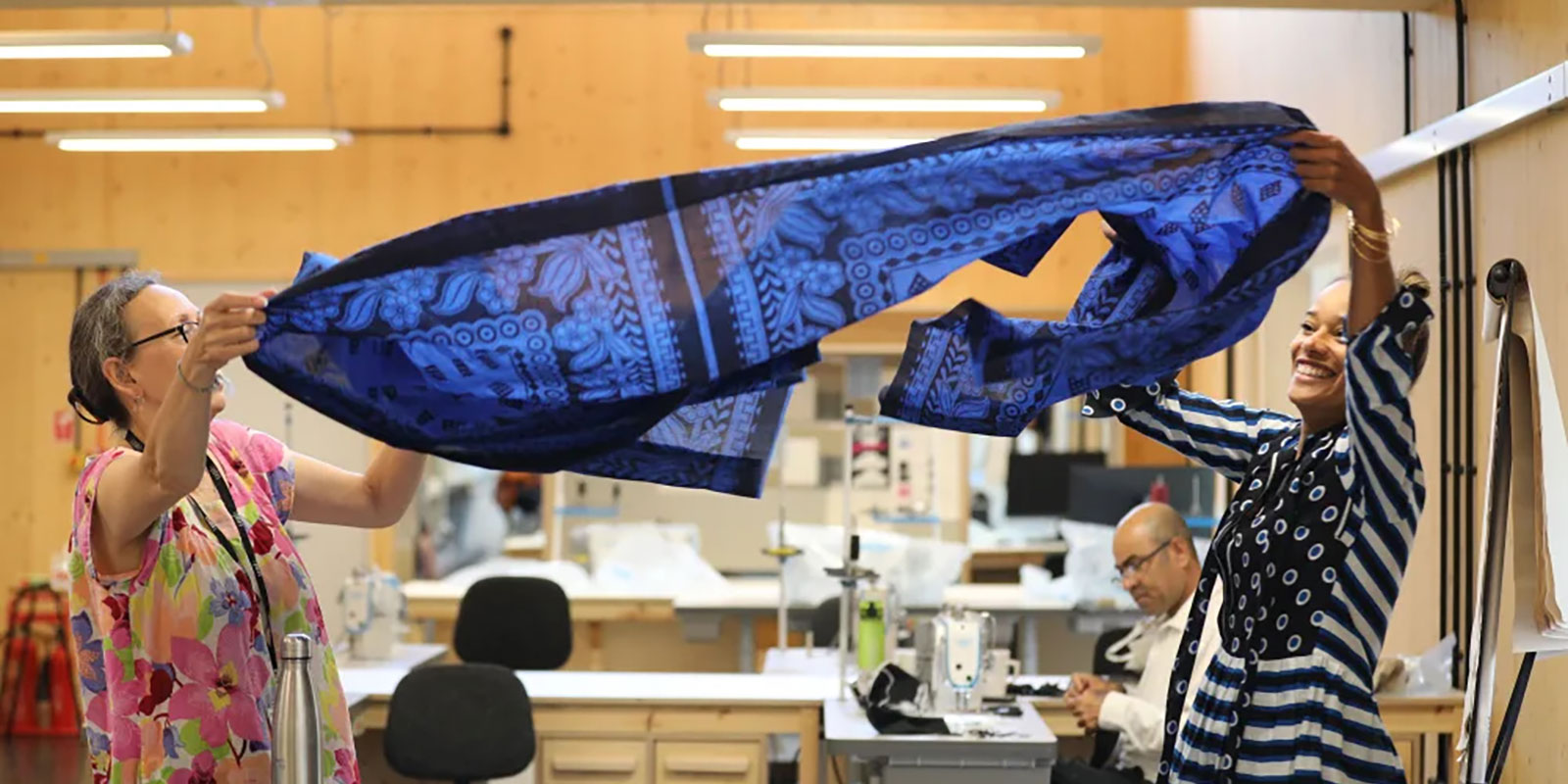
University of the Arts London
Shaping the fashion industry of the future
University of the Arts London (UAL) has played an outstanding role in influencing perceptions of and actions towards environmental and social sustainability across the global fashion system to deliver real world benefits. UAL has become a world leader in shaping the fashion industry of the future, by enabling everyone from designers to manufacturers and suppliers to thrive amidst the challenges of the twenty-first century through new thinking and transformation.
UAL’s dynamic partnerships across the fashion industry are at the forefront of sustainable fashion innovation. The Sustainable Fashion Glossary, created in partnership with Condé Nast in 2020, is the first global resource of its kind for media professionals, fashion sector players, educators, learners, and citizens alike. UAL’s long-standing partnership with international luxury brand Kering has enabled its students and researchers to work with world-leading design houses, from Gucci to Alexander McQueen, on innovations that deliver direct benefits to people and the planet from early-stage work in mushroom leather, to the development of rental platforms and post-carbon wardrobes. Its research-led teaching also extends to learners in over 190 countries thanks to its pioneering open-source education developed in partnership with NGOs, industry and media organisations.
UAL believes that the world needs creativity and delivers transformative social sustainability projects. Making for Change is a ground-breaking example of this work. Launched in 2014, the programme started as an in-prison training and fashion manufacturing workshop and commercial production facility, providing a safe space for female offenders to gain high quality, industry-recognised qualifications. This has developed into a social enterprise with its own independent manufacturing unit situated within Poplar, an area of London with particularly high levels of female unemployment. As a testbed for change within the fashion industry, the programme connects this community-based unit and the prison unit with emerging and established designers within the UK.
